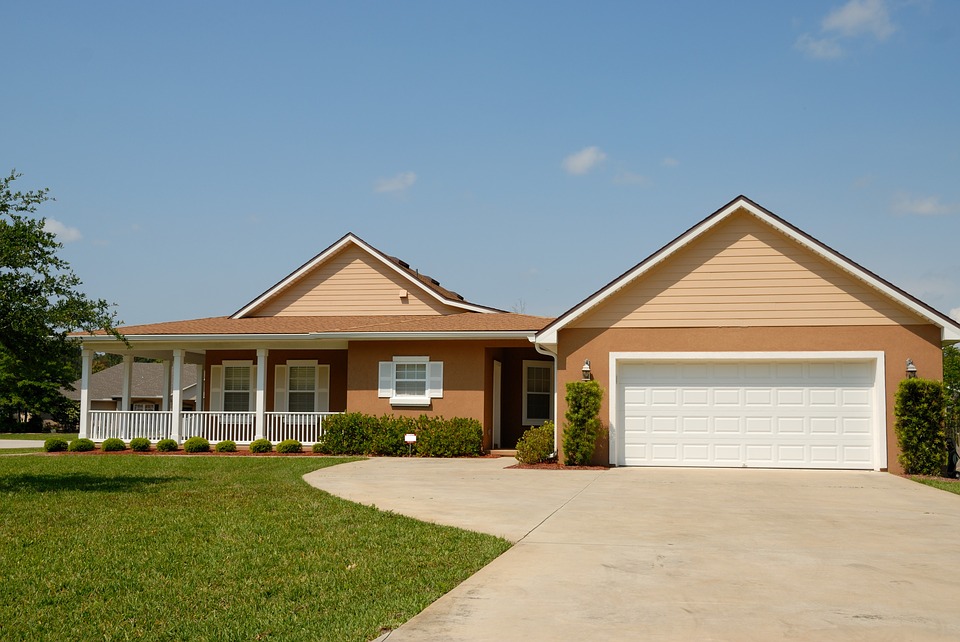Creating a calculator that would decide if I should get a 15 or 30-year mortgage was actually inspired by my parents–thanks mom and dad! They were always questioning why I kept getting 30-year mortgages for my rental properties when I could afford 15-year mortgages. They would tell me the usual, “Jack, you’re going to waste so much more money on paying interest.” They weren’t wrong! A $100,000 loan would cost me around $300,000 after taking 30 years to pay it off. That same loan would likely only cost me $200,000 after 15 years. You mean I could save six figures by choosing a 15-year mortgage? How could they be wrong? Well, let me tell ya.
Opportunity Cost
Sure, you would end up paying thousands and thousands of dollars more in interest by choosing the longer term loan. But, let’s not forget that your monthly payment would be lower. In the short example above, we can say that a 30-year mortgage would let us keep about $200 in our pockets each month. Now, what are you going to do with that $200 each month? Investing it is the right answer! That would be the opportunity cost, which can be defined as “the loss of potential gain from other alternatives when one alternative is chosen.” I choose to invest that $200 every time(in stocks or income producing real estate), rather than let it sit in home equity. You guys have heard of compound interest right? That money is going to grow and grow, maybe into a sum even larger than the interest I’m giving up by choosing a 30-year loan. I think you guys and gals know where I’m going with this, so I’ll just leave the calculator here for you to find out for yourselves. Instructions and details are included below.
| [CP_CALCULATED_FIELDS id=”8″] |
About The Calculator
The scenario with the highest bottom-line figure is used to determine the result. Interestingly enough, you’ll find the sweet spot where your bottom line seems to be about the same, is about 7-8 years under average market conditions. If you plan to hold the property longer than that and you’re an average investor, it will most likely pay off(literally) to get a 30-year mortgage
Inputs
- Loan Amount- Please note that this is the loan amount and not the purchase price amount. Most lenders will require somewhere between 20-25% down payment on the purchase.
- 15 Year Interest Rate- These rates are normally lower than a 30-year rate. Today(March 2017), these rates are about 3.625%.
- 30 Year Interest Rate- These rates are about 4.25% today.
- Years Projected To Hold- This is your best guess as to how long you’ll own the property. Life happens and sometimes it’s hard to know for sure, but this figure is important because it’s used to calculate the amount of equity paid down in each mortgage situation.
- Annual Market Return %- This can be extremely variable but we know that the stock market has averaged about an 8-10% return over the last several decades. If you aren’t confident in the market, then make this figure lower. Maybe you invest in other things like businesses or personal notes that return much higher than the stock market. In that case, increase this figure accordingly.
Calculations
- 15 And 30 Year Monthly Payments- Self-explanatory. A mortgage on a shorter term loan would be a higher monthly payment.
- Additional Equity (15 Year)- This figure is a little more complicated but I’ll do my best to explain. If you sold your property after the number of years you specified above, you would have more profit from a 15-year loan. This is because of the front-loaded interest you paid that is much higher in the early years of a longer term loan than it would be for a shorter loan term.
- Future Investment Value(30)- This is basically a compound interest calculation. If you invested that extra money you kept in your pocket each month on a 30-year mortgage and it compounded at the return rate input, it would grow to be this amount after the number of years input for holding the property.
Extras
The result will be the same for those of you trying to use the calculator for investment properties, as your cash flow difference would be the same. Unless it’s a value-add investment, it is usually best not to speculate appreciation. Therefore, this calculator assumes this property to be sold for the same price it was purchased(you guys remember ’08, better safe than sorry). However, I’ve developed one other calculator that factors in appreciation and value-add projects but have chosen to release this simpler one. If interested in that one, please subscribe and contact me. I realize some people approach debt more emotionally than others, but this tool will be for those who approach investments mathematically rather than emotionally. I look forward to your feedback on this post, as it is the first (of hopefully many) with an interactive tool!

